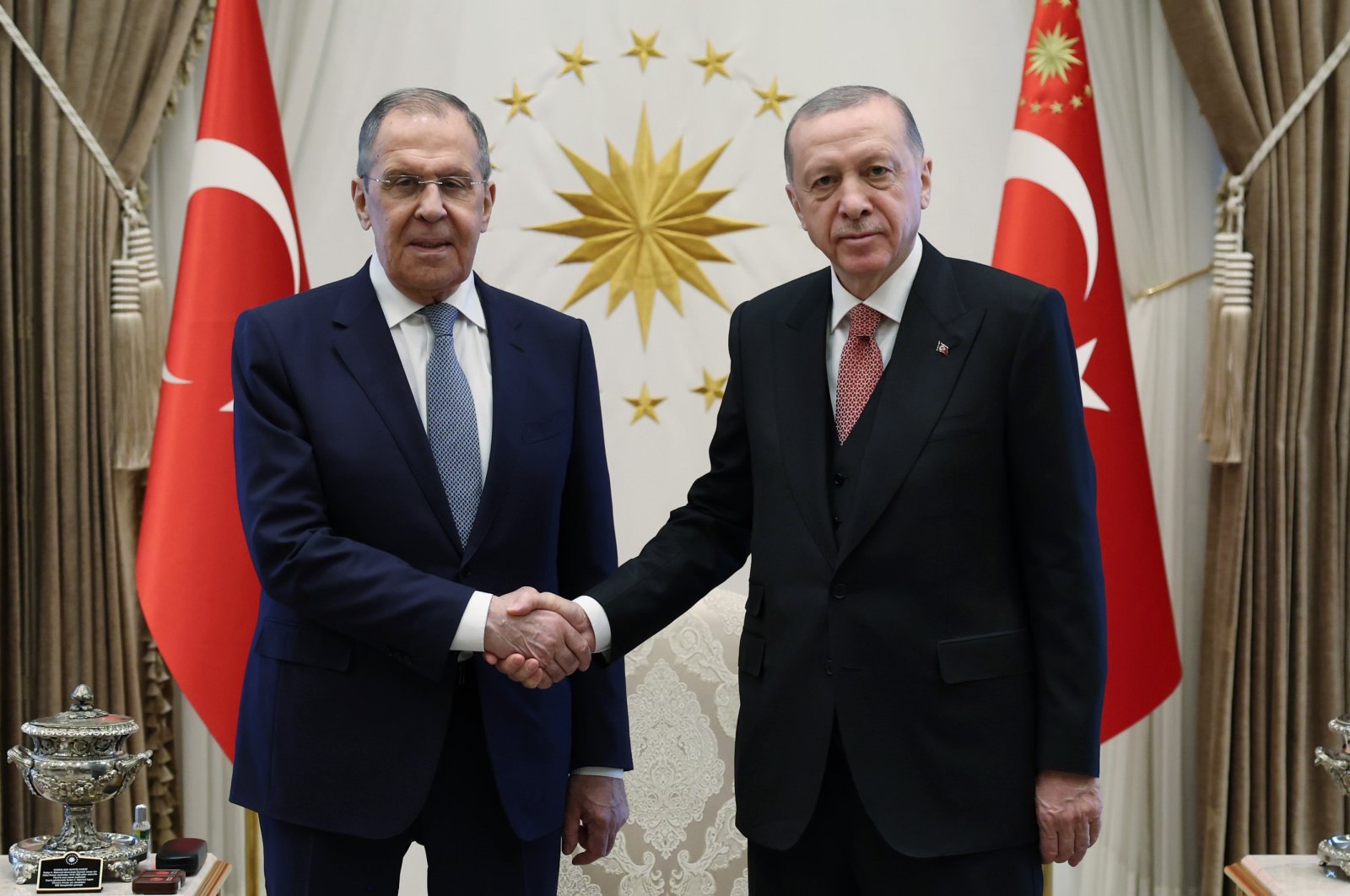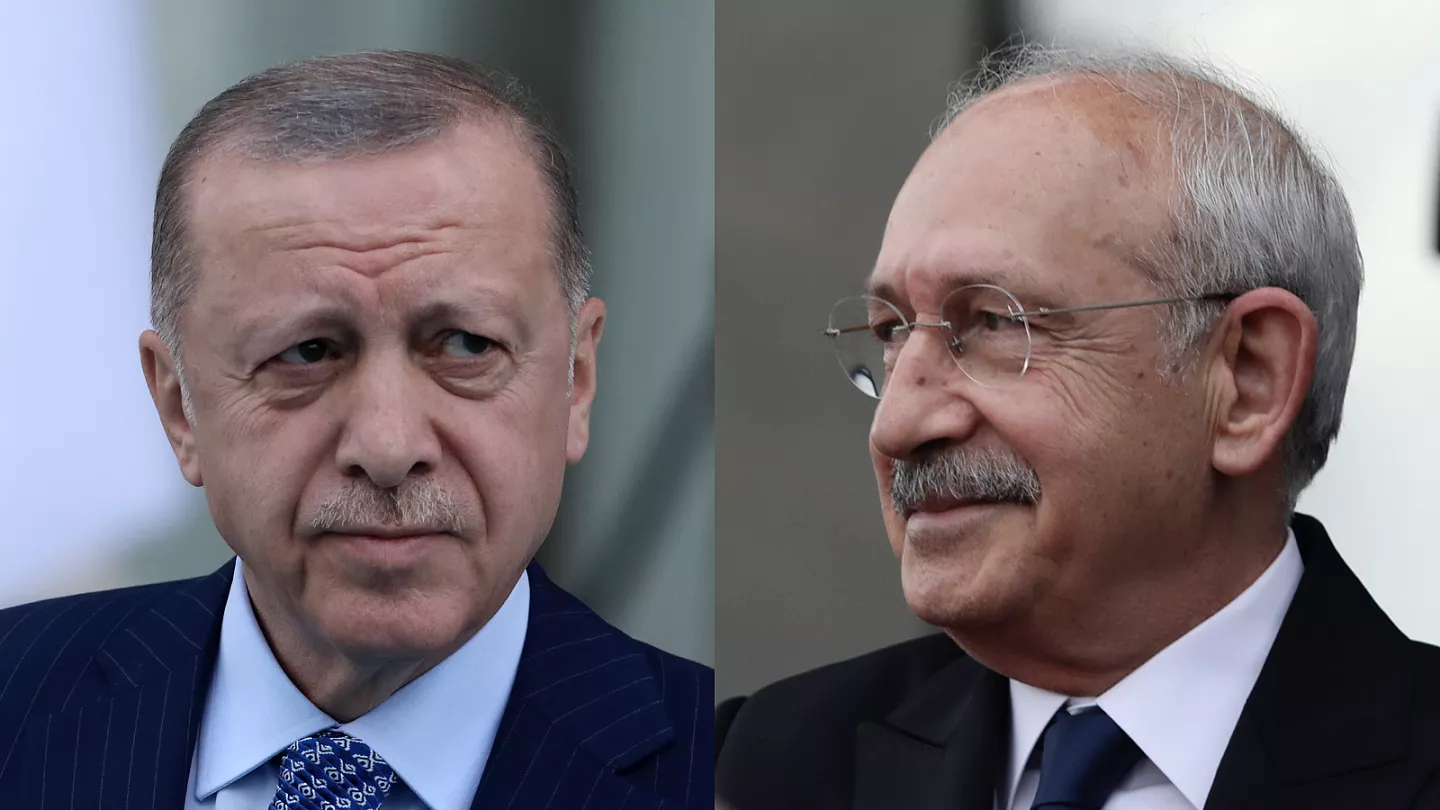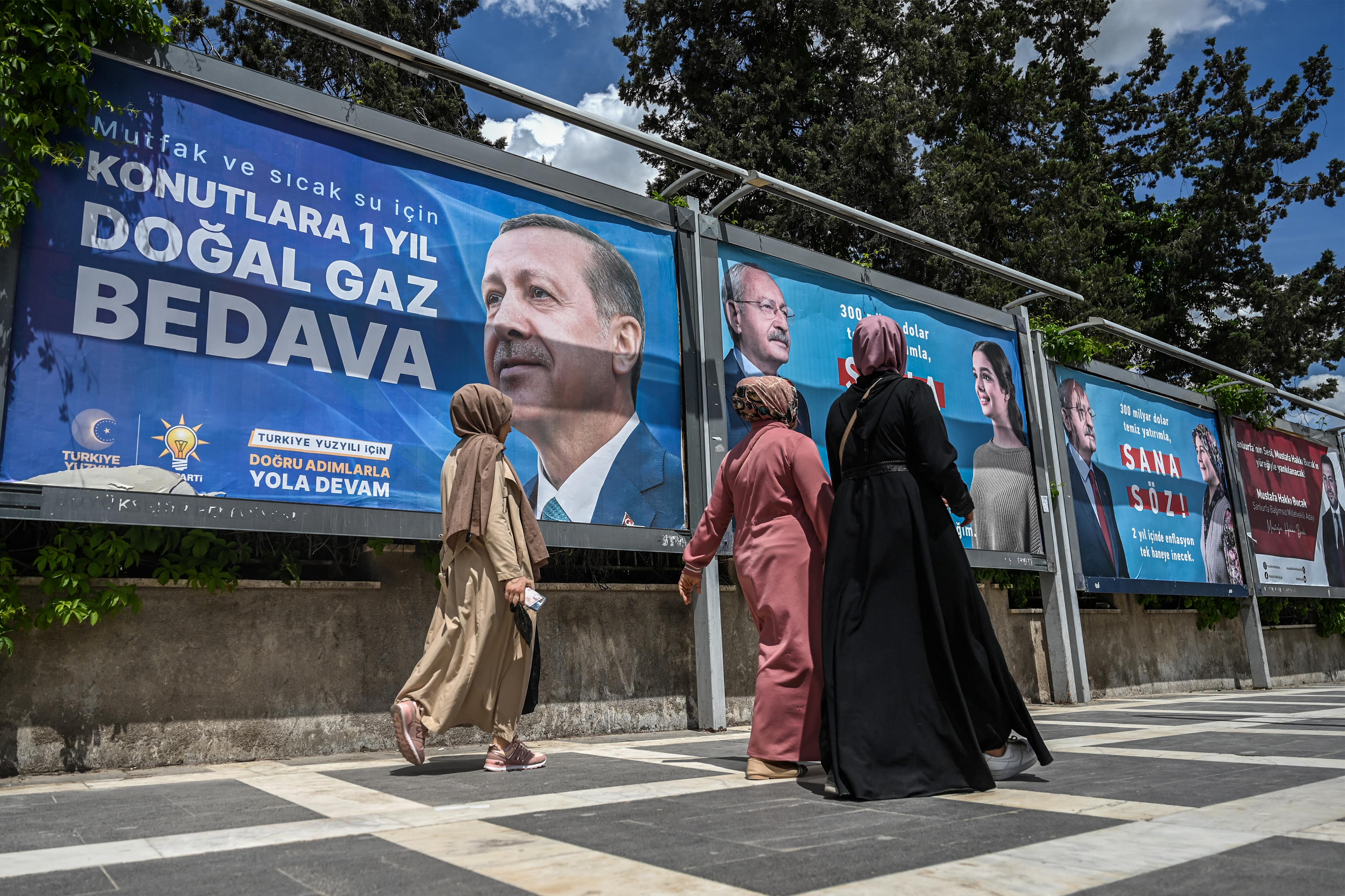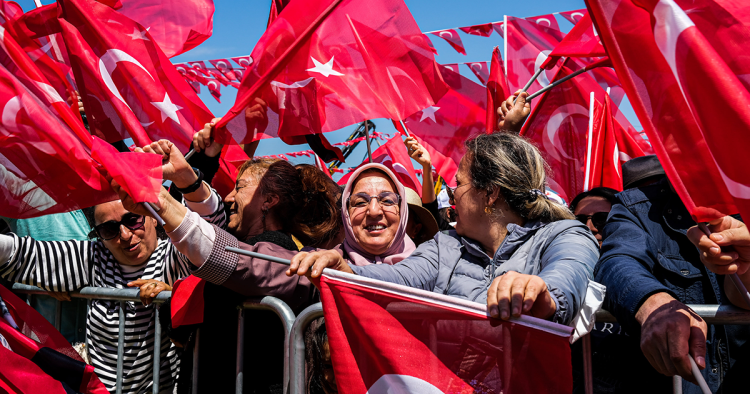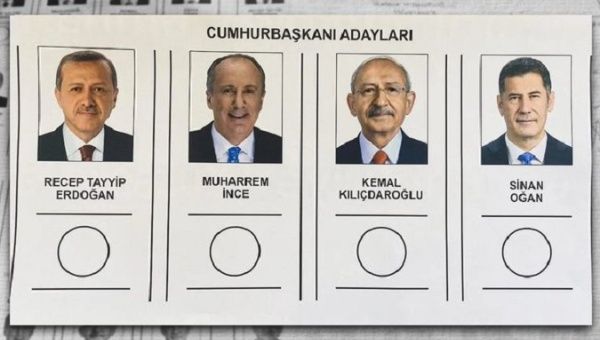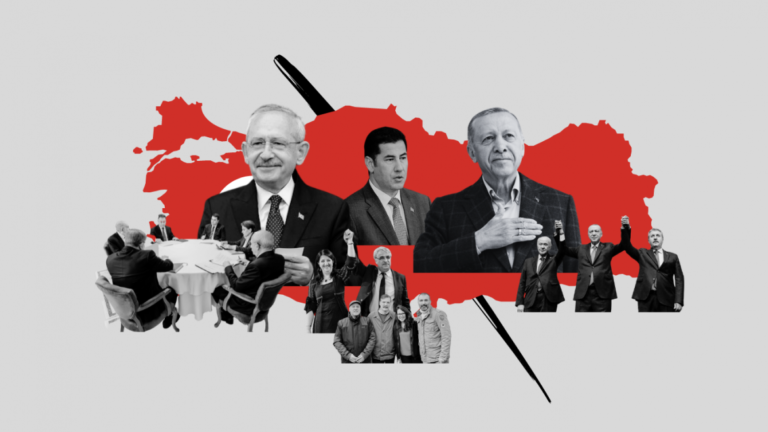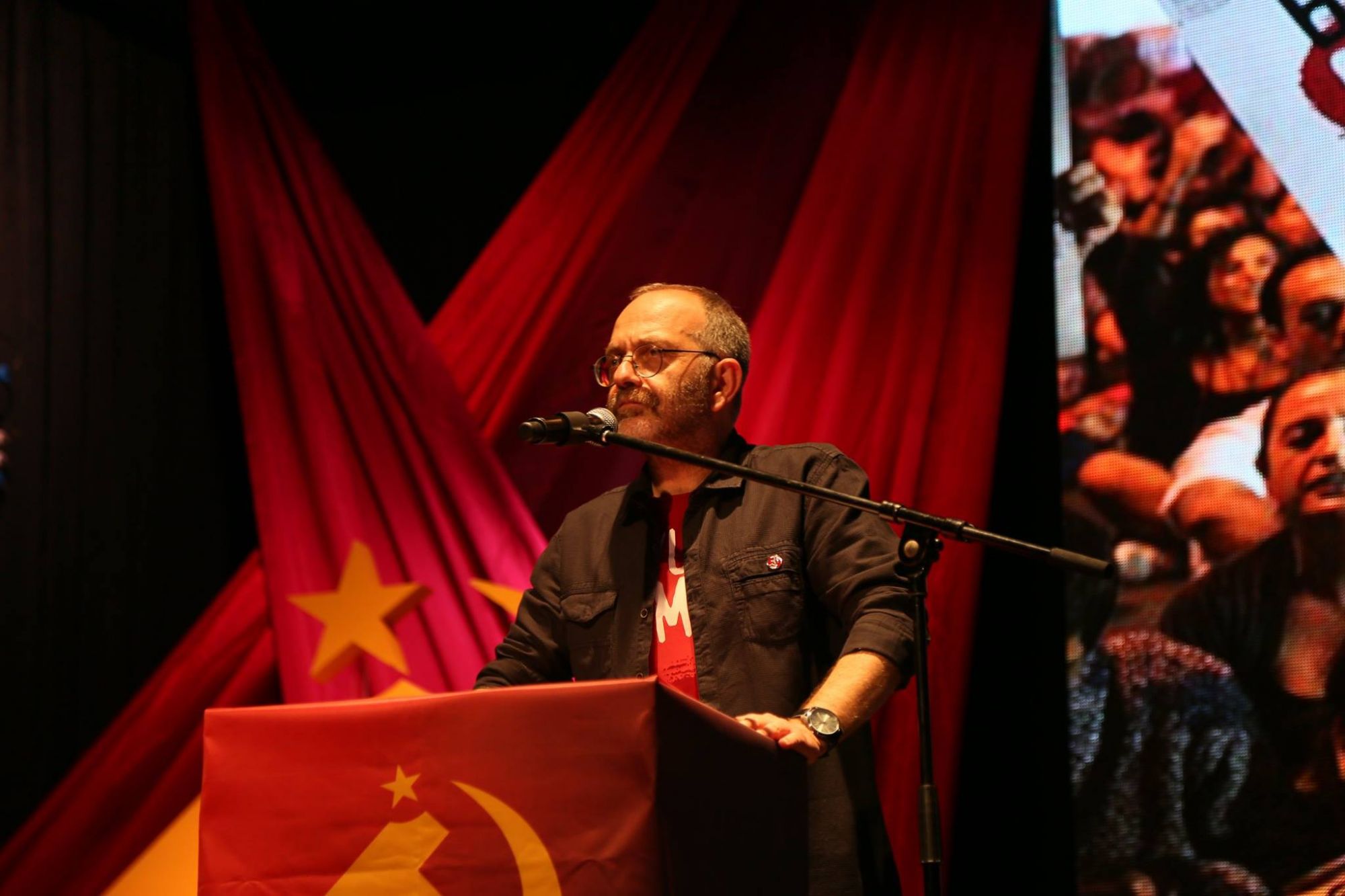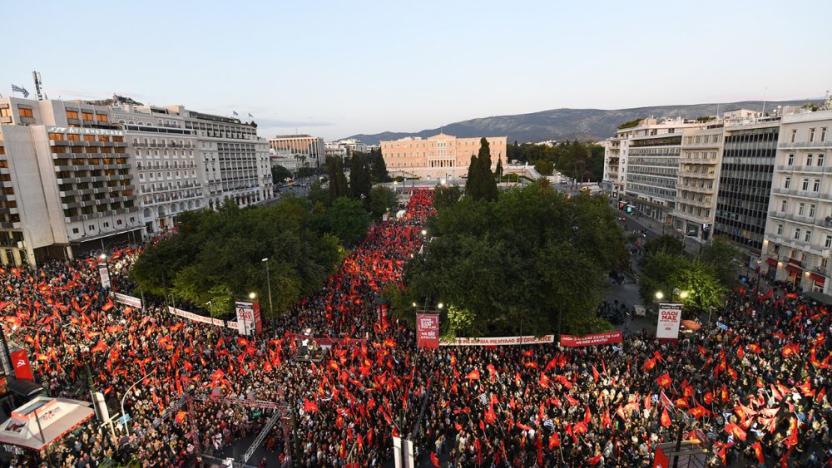Will Turkiye’s Elections Impact Its Place in a Multipolar World?
APRIL 17, 2023
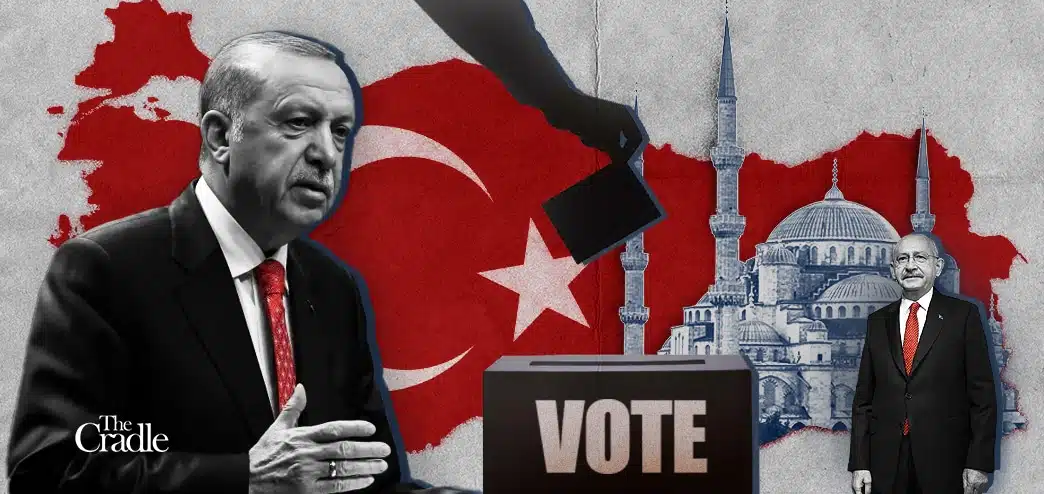
By Ceyda Karan – Apr 11, 2023
An opposition victory in upcoming elections could ‘westernize’ Turkiye’s foreign policy and disrupt Ankara’s delicate balancing act in the new multipolar order.
On 14 May, 2023 Turkiye’s much anticipated, yet critical elections will take place for both the presidency and parliamentary seats. The upcoming polls are crucial for President Recep Tayyip Erdogan, whose domestic political reputation has been tarnished by his handling of the 6 February earthquake, compounded by a deepening economic crisis over the past two years.
Despite pragmatic maneuvers to balance east and west, Erdogan’s foreign policy is also under fire. Not only is the longtime Turkish leader now facing the biggest test of his political career, but the future direction of Turkiye is also potentially up for grabs.
In the past two weeks, various parties, including the DEVA Party, the Good Party, the Young Party, the People’s Liberation Party, the Left Party, the Homeland Party and the Resurrection Party have objected to Erdogan’s candidacy.
They argue that he cannot run for a third term, per the Turkish constitution – an objection that has rallied together nationalists, socialists, center-rightists, Islamists, Kemalists, and the “seven dissimilarities” of Turkish politics.
The main opposition Republican People’s Party (CHP), which is the founding party of Turkiye, did not attempt to object to Erdogan’s candidacy.
Erdogan’s third term candidacy
Leading legal experts explain that according to Article 101 of the Turkish Constitution, in force since 2007, “a person can be elected president at most twice.” Erdogan was elected in 2014 and 2018, and he has already served two terms.
The only exception to Article 101 would be if parliament decided to renew the elections. However, Erdogan’s Justice and Development (AKP) party does not refer to the Constitution, but to the Supreme Electoral Council (YSK), whose powers are limited to the general administration and supervision of elections.
The AKP argues that the technical changes in the “presidential government system,” introduced in the controversial 2017 referendum in which the YSK recognized unsealed votes as valid, make Erdogan’s candidacy possible. In other words, even if the Constitution remains in place, Erdogan’s first term in office does not count.
In the past, Erdogan has said, “we don’t recognize” the decisions of the Constitutional Court. In fact, the Istanbul Metropolitan Municipality election, which defeated his party handily in 2019, was repeated without any legal basis. The result was an even bigger defeat for the AKP.
In brief, the CHP has accepted Erdogan’s third nomination based on his track record of following the written law. Insisting otherwise could play into the “victimization narrative” he has effectively employed over the past two decades.
Recently, the Supreme Electoral Council announced the presidential candidates who will compete on 14 May:
Erdogan is running as the candidate of the “People’s (Cumhur) Alliance,” which is comprised of the AKP, the Nationalist Movement Party (MHP), the Grand Unity Party (BBP), the New Welfare Party (YRP) and HUDA-PAR.
Kemal Kilicdaroglu, meanwhile, is running as the candidate of the “Nation (Millet) Alliance,” which includes the CHP, the Good Party, the Felicity Party (SAADET), the Democratic Party (DP), the Democracy and Progress Party (DEVA) and the Future Party (GP). This electoral alliance is also known as the “Table of Six” coalition.
Aside from these two main rivals, there are two other candidates: Muharrem Ince and Sinan Ogan. Ince was the opposition’s joint candidate in 2018 but left the CHP after losing to Erdogan, and he has now founded the Homeland Party.
Ogan, a former MP was expelled from Erdogan’s partner MHP in 2017 and is running as the candidate of the Ata Alliance, which unites four small nationalist and right-wing Kemalist parties.
Erdogan faces a tough challenge this time, as polls show Kilicdaroglu leading by 2.5 to 5 points. There is also the possibility of a second round run-off due to the Muharrem Ince factor.
Unexpected alliances
Although the disparate small parties in Turkish politics do not care for the “Nation Alliance,” they are mostly supporting Kilicdaroglu to eject Erdogan after two decades of his rule.
Turkiye’s main “Table of Six” opposition finally managed to unite behind Kilicdaroglu after painful discussions, but an even more critical factor favoring its electability is the pro-Kurdish People’s Democracy Party (HDP), which indirectly supports Kilicdaroglu (under the threat of being shut down) by not fielding its own candidate.
Particularly crucial are the HDP’s estimated 9-13 percent of the vote, which has forced Erdogan to expand his alliance in a surprising way.
In the early 2000s, Erdogan and the AKP emerged from the ‘Welfare Party’ of Necmettin Erbakan’s National Vision, which had been the hallmark of Turkish Islamism in the 20th century. A year before his death, Erbakan, an important mentor of the current Turkish president, criticized Erdogan for being “the cashier of Zionism.”
In late March, his son Fatih Erbakan, the leader of the New Welfare Party, which he founded based on his father’s legacy, refused to join Erdogan’s People’s Alliance, citing “principles,” but shortly after, capitulated to join his old foe. However, the Felicity (SAADET) Party, whose roots are also in Erkaban senior’s National Vision, has aligned with Kilicdaroglu’s Nation Alliance.
But Erdogan’s most striking move to expand his alliance came with HUDA-PAR, which political pundits link to the so-called “Turkish Hezbollah” or “Kurdish Hezbollah” – a deep state-backed movement that carried out terrorist attacks in the southeast of Turkiye in the late 1980s and 1990s.
“The founding philosophy, beliefs, and founders [of HUDA-PAR] are exactly the same” as Turkish Hezbollah, says nationally-renowned, retired police chief Hanefi Avci. The latter, from its inception, was officially designated a terrorist organization, and many of its affiliate associations have been systematically shut down. Sometimes confused with the Shia Lebanese Hezbollah resistance organization, the Turkish movement is the polar opposite: it is, instead, heavily steeped in the ideology of Sunni Kurdish religious extremists.
The inclusion of HUDA-PAR in Erdogan’s alliance has raised questions among the Turkish public about his motives, with varying opinions on the matter. Some believe that Erdogan is trying to appeal to religious Kurds, while others see his alliance with the highly controversial party as a sign of his electoral desperation. The party doesn’t represent any significant number of voters, so the jury is out on why the Turkish president went out on that limb.
Populist promises and foreign policy maneuvers
Erdogan’s previous election victories were largely due to his aggressive tactics, but after 20 years, this approach is no longer reliable. The collapse of the Turkish lira currency – triggered by Erdogan’s decision to cut interest rates in late 2021 based on the Islamic “nas” rule – and inflation, which has reached 70 percent and, unofficially, 140 percent, are major issues for the average Turkish voter. The devastating earthquakes that struck on 6 February, further destablized the Turkish economy.
In an effort to win back support, Erdogan is focusing his campaign on promises of reconstruction. He has implemented populist economic policies such as raising the minimum wage, which is the primary source of income for around 60 percent of Turks, and increased civil servant and pension salaries.
Erdogan is known for his ability to skillfully use Turkiye’s foreign policy as a tool for both domestic and foreign policy objectives. However, in recent years, Turkiye’s economic outlook has posed a challenge to Erdogan’s foreign policy calculations.
Since the collapse of Turkiye’s US-backed, neo-Ottoman projects in West Asia and North Africa, Erdogan has sought out more pragmatic approaches that prioritize realpolitik over ideology. The Turkish president has reversed course on a number of issues, including reconciliation with regional leaders who he has publicly disparaged, and taking a neutral stance in the Ukraine crisis between the US and Russia.
There have sometimes been immediate upsides to Erdogan’s efforts: By improving relations with Saudi Arabia and the UAE, the two countries invested billions of dollars in Turkiye – though the details of these deals remain unclear.
Erdogan also made amends with Egyptian President Abdel Fattah al-Sisi, whom he has previously accused of orchestrating a coup against the elected Muslim Brotherhood-led government. These reconciliations have involved negotiations over issues related to the Brotherhood and Libya.
Erdogan’s foreign policy challenges
Relations with Russia and Syria, however, remain two of the thorniest issues for Ankara – mainly because they place Turkiye in the crosshairs of Washington’s main foreign policy goals.
The interests involved could not be more clear: Turkiye depends on Russia for energy and tourism, while Russia needs Turkiye to mitigate the impact of US sanctions.
Despite Erdogan’s efforts at foreign policy pragmatism, his attempts to reconcile with Syrian leader Bashar al-Assad have stalled due both to US objections and conditions set by Damascus. Although Erdogan signaled a willingness to reconcile with Assad last November, the issue has not progressed much further, despite high-level meetings between their officials under Russian mediation.
The Turkish and Syrian defense ministers met in Moscow in December 2022, and while their respective deputy foreign ministers briefly met on 3-4 April, the top level official meetings have yet to materialize. It is a sign that either the political will or ground conditions do not yet exist for accelerating diplomacy, on one or both sides.
Much of this has to do with a Syrian red line demanding the evacuation of all Turkish troops from Syrian soil before rapprochement talks progress. Yet, in a meeting with his Russian counterpart Sergey Shoigu, Turkish Defense Minister Hulusi Akar still claimed that Turkiye’s military presence in Syria was for “counterterrorism,” “peacekeeping” and “humanitarian aid.”
Some commentators believe it will be difficult for the Turkish army to withdraw from Syria and meet Assad’s conditions because of the ongoing activity of Kurdish separatist militias in the country’s north, and issues posed by Turkish-backed radical Islamist organizations in Idlib.
Even Erdogan’s rhetoric about repatriating the three million Syrian refugees has lost credibility due to the employment of this cheap labor by AKP-linked business leaders. All these factors make it increasingly difficult for Erdogan to achieve foreign policy success before the May election.
Retired Turkish diplomat Engin Solakoglu tells The Cradle that while the AKP has been able to expand its foreign policy autonomy due to weakening US regional influence, it still operates within the framework of Turkiye’s existing relationships with the west: “The funds that the Turkish economy chronically needs come mainly from European financial centers,” he says.
According to Professor Behlul Ozkan, while medium-sized countries like Turkiye have the ability to act independently in foreign policy on occasion, Erdogan’s worldview does not lean toward Eurasianism, as is often claimed by both eastern and western pundits.
Ozkan emphasizes the significant role the west has played in the Turkish economy over the past two decades, telling The Cradle:
“If Erdogan and the AKP win the elections, there is a strong possibility that Turkiye will become even more dependent on the west for a way out of its economic crisisxs. The AKP’s role for Turkiye is to be the west’s gendarme in the region, just as it was during the Cold War”
The opposition’s worldview
Instead of capitalizing on Erdogan’s foreign policy constraints and vulnerabilities, his multi-party opposition has put forth a weak “Joint Memorandum of Understanding” that scantily addresses its external agenda. More platitudes than substance, the opposition emphasizes a principle of “Peace at Home, Peace in the World” and says that national interest and security will be the basis of its policies.
The document also states that “relations with the US should be institutionalized with an understanding between equals,” while Russia is mentioned only twice. It is also noteworthy that the CHP has recently reminded Moscow that Turkiye is “a NATO country.”
According to Hazal Yalin, a researcher and writer specializing in Russian affairs, the Turkish bourgeoisie’s inability to break ties with western imperialism makes it challenging for the Turkish opposition to communicate with Russia. As he explains to The Cradle:
“Russia has the perspective of continuing its interstate relations with Turkiye, as it does with any other country, regardless of which party is in power; therefore, in the event of a possible change of power, it can act as if nothing has happened.”
Despite the opposition alliance’s potential for pursuing more western-oriented policies, Professor Ozkan believes that it will adopt a more peaceful approach in the region compared to the AKP:
“Establishing diplomatic relations with Syria is the first priority. Turkiye’s military presence in Syria will be gradually reduced, probably in contact with other regional powers, and territorial integrity will be restored in cooperation with Damascus.”
Ozkan adds:
“It is not possible to take a similar step with the AKP. As long as the AKP remains in power, it will want to keep its military presence and the continuation of the conflict in Syria as a bargaining chip with both the west and Russia, and to benefit from it.”
Some things will never change
But retired diplomat Solakoglu argues that even if the opposition wins, they are unlikely to give up the autonomous foreign policy space gained under the AKP:
“I don’t think that the military presence in Syria, Iraq, and Libya will suddenly disappear. Likewise, I don’t think that the Kilicdaroglu government will take a [different] position in the Eastern Mediterranean, on the ‘Blue Homeland’ issue and on Cyprus. On these issues, they are the same as the AKP. ”
Professor Baris Doster does not foresee a significant change in Erdogan’s policies, despite his newfound pragmatism, “If the opposition wins the elections,” he says that “Turkiye’s realities and economic relations will continue to slow down even if it wants to turn westward.”
Regardless of the election outcome, it is unlikely that Turkiye will sever its ties with the west. While some argue that Ankara should adapt to the multipolar global trend, Turkiye is still a full-fledged member of the NATO military alliance, which will certainly create obstacles in joining the China-led Shanghai Cooperation Organization (SCO) – as Erdogan has periodically threatened to do.
But that does not prevent Turkiye from joining the extended BRICS+, China’s Belt and Road Initiative (BRI), Eurasian economic institutions and/or land-rail-water connectivity mega-projects. The question is whether the upcoming elections – regardless of its results – can sideline or redirect the multipolarity that has already swept through Turkiye’s every institution.
https://orinocotribune.com/will-turkiye ... lar-world/
***********
There is America. Europe is a mule in America's convoy. There's nothing special about her
April 19, 14:53
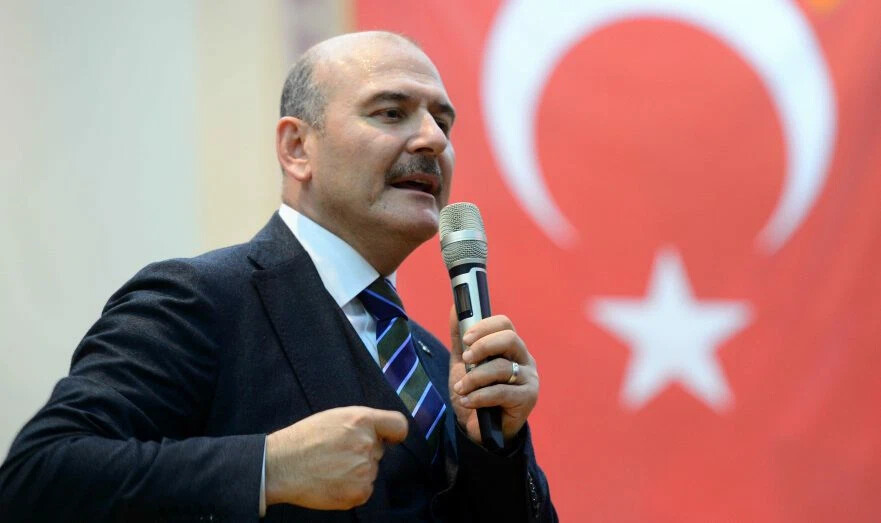
There is America. Europe is a mule in America's convoy. There's nothing special about her
Turkish Interior Minister in touch
"There is no such thing as Europe, don't think about it. There is America. Europe is a mule in America's convoy. There is nothing special about it. Europe cannot make a rational judgment on its own behalf. America is losing its reputation. The whole world hates America. Europe is America's pawn in Africa. All African states hate the states that exploit them, including France. Dear friends, I want to tell you that the game has changed. Turkey's biggest task is to achieve its full independence. Turkey is solving this problem together with Tayyip Erdogan"
Actually, with such views of the Erdogan administration, it is not surprising that the United States is betting on the Turkish opposition. Friend Recep is too multi-vectored for Washington, and this is haram at the present time.
https://colonelcassad.livejournal.com/8302465.html
Google Translator.
